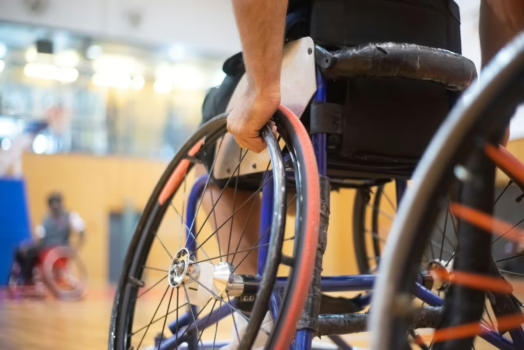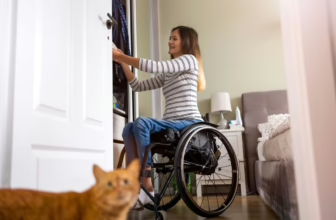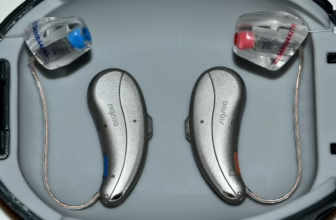The challenges faced by people living with disabilities often vary based on the nature of disability and the type of criminal charges meted out against them. More often, people living with disability have struggled to get justice in the existing criminal justice systems across the globe. This has made it challenging for affected parties to seek or appear before judicial systems to pursue legal recompense for their grievances.
If you or your loved one has experienced challenges in a criminal case recently, you may have wondered if it was a unique barrier or something everyone else suffers. Here are the top four legal barriers people with disabilities face in criminal cases and how to overcome them.
Communication Barriers
Disabilities related to speech and hearing impairments can hinder effective communication during different stages of the legal process. Law enforcement and legal professionals might find it challenging to communicate with or might be misunderstood and misinterpreted by the victims due to the existing communication challenges.
The whole communication process even gets more challenging if the individual with disability doesn’t fully understand the legal process or their rights when communicated to them. The best way out is usually to work with professionals from all angles, including psychological and legal teams that know how to break down the communication barrier effectively. Experienced lawyers like the Liberty Law criminal lawyers Edmonton can help you navigate these challenges faster and professionally.
Physical Barriers
In instances where persons living with disability are required to constantly attend hearings and case proceedings or physical meetings with their legal teams, physical barriers can inhibit their success. Physical barriers like steps and curbs can prevent or block their mobility, denying them access to institutions or offices that they need to access more often during their cases.
Having someone who can help them throughout the process might only be helpful if the buildings are designed with mobility-impaired persons in mind. Otherwise, many criminal cases might not go in favor of the victims due to their inability to attend requisite meetings.
Bias and Prejudice
People living with disability are constantly faced with societal prejudice that may lead to unfair bias or treatment from jurists and other legal professionals. These professionals and witnesses might subconsciously rely on misconceptions and stereotypes to rule or give accounts of events in cases involving people living with disabilities.
More awareness should be created to allow for fair handling and hearing of cases involving people with disabilities. Consider working with experienced and well-trained legal professionals who understand the importance of maintaining a professional approach in all cases they handle.
Misinterpretation of Behavior
When people with intellectual disabilities or autism are charged with a criminal offence, chances are often high that there was some misinterpretation by law enforcement agencies, leading to their arrests.
Police might easily misinterpret certain behaviors from an autistic or mentally ill person as amounting to non-compliance, deceit, or incriminatory evidence. Enough research should be done about people believed to be living with disability before being charged or sentenced in criminal cases to help with administering fair legal processes.
While most of the responsibilities for fair trial systems for people living with disabilities lie with the governments, every player has a role to play to ensure a seamless system. By learning the above barriers, you can know how to maneuver the judicial system when seeking justice for a disabled loved one.
Image from Kampus Production on Pexels
Follow me down the rabbit hole!
I'm Alice and I live with a dizzying assortment of invisible disabilities, including ADHD and fibromyalgia. I write to raise awareness and end the stigma surrounding mental and chronic illnesses of all kinds.








